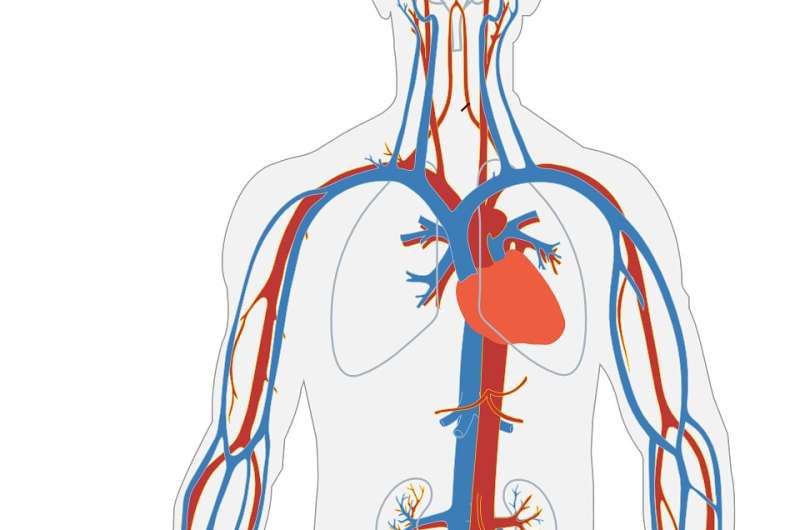Innovative Nasal Vaccine Opens New Front in COVID-19 Defense

A new nasal vaccine developed by researchers could provide an effective way to prevent COVID-19 infection by activating immune responses directly in the upper respiratory tract, offering a promising complement to existing vaccines.
A groundbreaking study conducted by the Centenary Institute in collaboration with the University of Sydney has revealed that nasal vaccines could significantly enhance protection against COVID-19. Unlike traditional injected vaccines, which primarily prevent severe illness but are less effective at stopping infection and transmission, nasal vaccines work by activating immune responses directly within the upper respiratory tract. This strategic targeting potentially halts the virus at its entry point in the nose, preventing it from spreading within the body.
The research, published in Frontiers in Immunology, tested a nasal vaccine formulated with the SARS-CoV-2 spike protein combined with Pam2Cys, an immune-boosting adjuvant developed at the University of Sydney. Preclinical trials in mice showed that the nasal vaccine elicited robust immune responses both in the nose and circulating blood. Moreover, it proved to be an effective booster when administered after a standard COVID-19 injection, providing complete protection with no detectible virus in vital organs like the lungs and brain.
Professor Warwick Britton, a senior researcher, emphasized the unique benefits of nasal immunization, highlighting its ability to fortify defenses precisely where the virus initially invades. He stated, “Our findings show that a nasal vaccine can build strong immune defenses right where the virus first enters the body, helping to prevent infection.” When used as a booster, this vaccine also protected key organs such as the lungs and brain, underscoring its potential to enhance overall immunity.
Expert co-author Dr. Anneliese Ashhurst noted that nasal vaccines could complement existing vaccination strategies, potentially reducing both severe illness and virus transmission within communities. Dr. Erica Stewart, the study’s first author, pointed out that Pam2Cys demonstrated promising results in boosting immune responses specifically in the nose, which is crucial for early protection.
While further research is necessary, these findings suggest that nasal vaccines could serve as an effective addition to current COVID-19 vaccines, offering an extra layer of defense by targeting the virus at its primary entry site. This approach may also help mitigate the spread of new variants and aid in controlling ongoing outbreaks.
Stay Updated with Mia's Feed
Get the latest health & wellness insights delivered straight to your inbox.
Related Articles
Understanding Chronic Venous Insufficiency: Risks, Causes, and Treatment Options
Learn about chronic venous insufficiency, its causes, potential health risks, and available treatment options to maintain healthy veins and prevent complications.
Innovative Fluorescent Bacteria Enable Precise Tumor Surgery
A novel bacterial-based fluorescence imaging system offers real-time, high-contrast visualization of tumors during surgery, promising improved accuracy and reduced recurrence in cancer treatment.
Children with Adverse Childhood Experiences More Likely to Miss School Due to Health Issues
A UCLA-led study finds that children experiencing adverse childhood events are more likely to miss school due to health issues. Early intervention and integrated support systems can help improve attendance and overall well-being.



